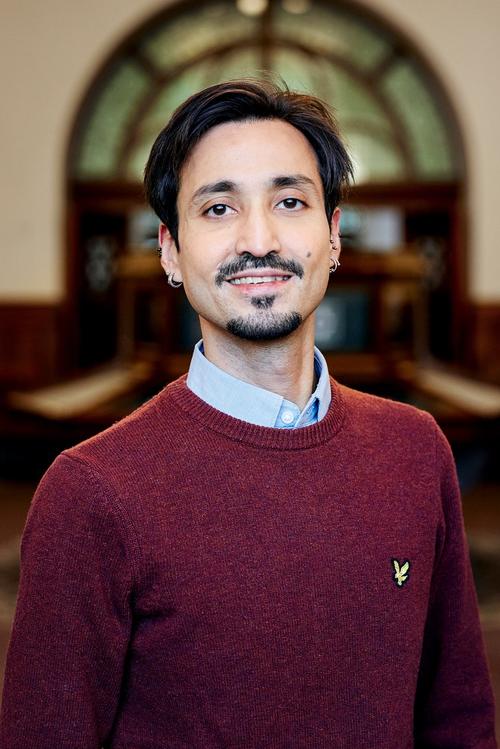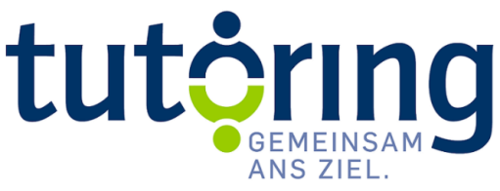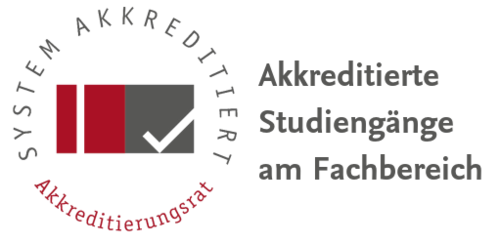Institute for the History of Knowledge in the Ancient World
History of Knowledge in the Ancient World welcomes new faculty member Prof. Dr. Anuj Misra
The Institute for the History of Knowledge in the Ancient World is pleased to welcome new faculty member Prof. Dr. Anuj Misra. Anuj Misra is a historian and philosopher of mathematics specializing in the study of pre-modern Islamicate and Sanskrit astronomy. In April 2024, he started a new Max Planck Research Group “Astral Sciences in Trans-Regional Asia” (ASTRA), in conjunction with being a Professor of the History of Science and the History of Knowledge at the Freie Universität Berlin.
Anuj Misra was awarded a PhD in Mathematics from the University of Canterbury, New Zealand, in 2016 for his dissertation on a seventeenth-century Sanskrit text on spherical geometry. Since then, he has been a postdoctoral fellow at the Observatoire de Paris (Systèmes de Référence Temps Espace Laboratory, 2017–18) and the Max Planck Institute for the History of Science (Department I: Structural Changes in Systems of Knowledge, 2018–19). In 2019–2021, he carried out a project on “Early Modern Exchanges in Sanskrit Astral Sciences” (EMESAS) at the Department of Cross-Cultural and Regional Studies (CCRS) of the University of Copenhagen, Denmark, as a Marie Skłodowska-Curie Fellow, and following that, he continued at the CCRS as a Gerda Henkel Research Fellow during 2021–23, leading the project “Changing Episteme in Early Modern Sanskrit Astronomy” (CEEMSA).
He is the author of several books, including his recent monograph, Learning with Spheres: The Golādhyāya in Nityānanda's Sarvasiddhāntarāja (Routledge, 2023), a technical discourse on The Sanskrit Astronomical Table Text Brahmatulyasāraṇī: Numerical Tables in Textual Scholarship (co-authored with Clemency Montelle and Kim Plofker, Brill, 2020), and an edited volume on Science and Society in the Sanskrit World (along with Christopher Fleming, Toke Knudsen, and Vishal Sharma, Brill, 2023). He regularly publishes articles and book-chapters on the sociohistorical, philosophical, linguistic, and mathematical aspects of the history of astral sciences in early-modern India.
His Research Group ASTRA will study the transmission, translocation, and transcreation of astral knowledge across space and time in Asian discourses. By examining the kinetics of astral learning across Asia, the group highlights the complex and ever-changing relationship between society and science from multilateral perspectives.



